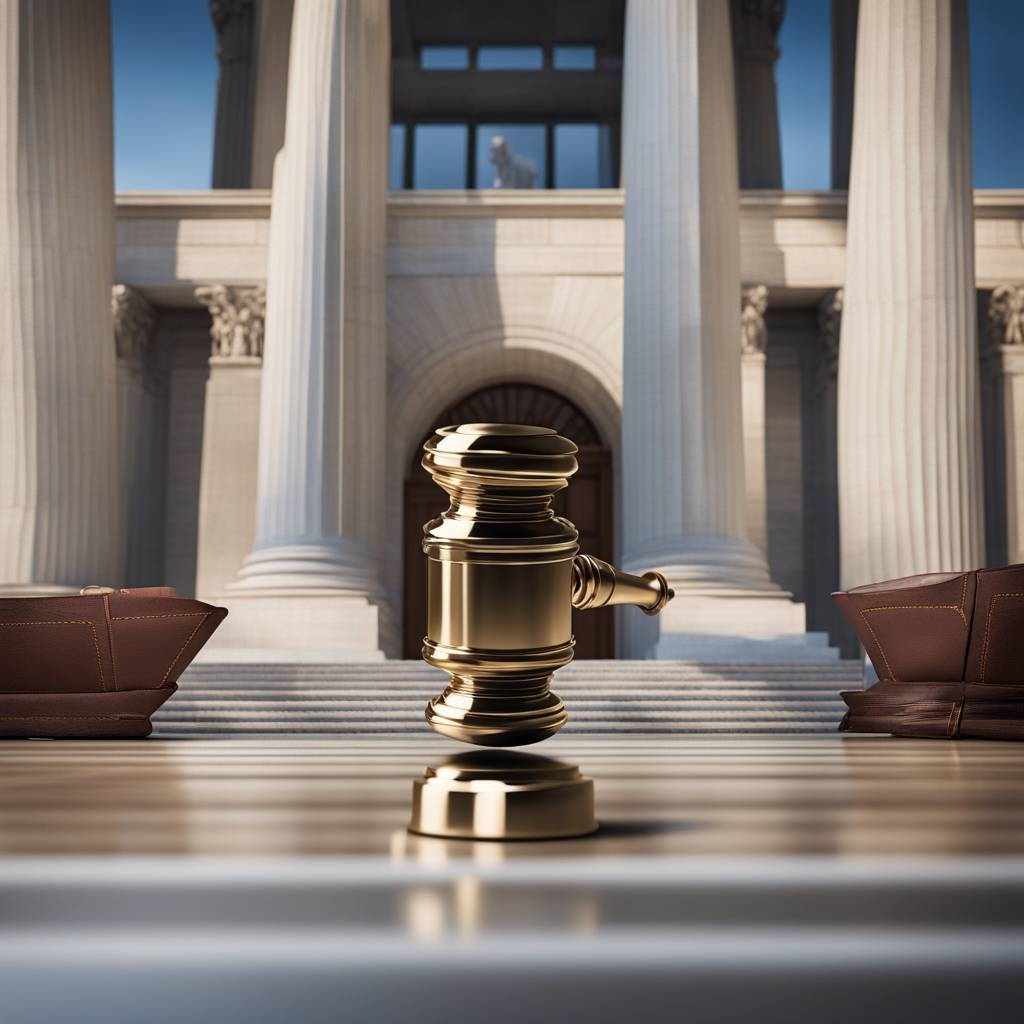Legal analysts have dismissed recent calls for Supreme Court Justice Sonia Sotomayor to retire, as fears of a conservative supermajority on the Court continue. At 69, Sotomayor is the oldest Democrat-appointed justice, and with Chief Justice John Roberts, and Justices Clarence Thomas and Samuel Alito also approaching retirement age, there are concerns that another conservative justice could be appointed if Sotomayor were to retire or die. Some legal experts have stated that calls for her retirement are unrealistic, given her health and potential for several more years of active service on the Court.
Florida-based attorney Michael McAuliffe has noted that Justices have life tenure and are aware of this, suggesting that age is one of many factors to consider when assessing a justice’s tenure. McAuliffe also pointed out that Justice Ruth Bader Ginsburg’s death, at the age of 87, has likely influenced discussions about retirement. However, Sotomayor is seen as a thoughtful and diligent member of the Court, leading some to believe that she should remain in her position. Legal analyst Jonathan Turley stated that there is no apparent reason for Sotomayor to retire, given her intellectual acumen and continued influence on the Court.
Calls for Sotomayor’s retirement have come from various sources, with some suggesting that she should step down to ensure that a vacancy on the Court can be filled by President Joe Biden, in case of his reelection. If Biden were unable to fill a vacancy due to Republican control of the Senate, there are concerns that President Donald Trump could appoint another conservative justice, further tilting the Court to the right. While some commentators have urged Sotomayor to retire for the greater public good, others have emphasized her value as a Justice and the need to consider replacement options in a deeply divided political climate.
The discussion over Justice Sotomayor’s retirement has highlighted the implications of Supreme Court vacancies and the potential for shifting the ideological balance of the Court. With concerns over the current conservative supermajority and the possibility of future vacancies, there is a heightened focus on the timing of retirements and the impact on future Court decisions. While some believe that Sotomayor should step down to allow for a replacement by a Democratic president, others argue that her continued presence on the Court is essential for maintaining a diverse and balanced judiciary.
Overall, the debate surrounding Justice Sonia Sotomayor’s potential retirement reflects broader concerns about the future composition of the Supreme Court and the importance of judicial appointments in shaping legal decisions. As the oldest Democrat-appointed justice on the Court, Sotomayor’s tenure has drawn attention in light of the current conservative supermajority. Whether she chooses to retire or remain in her position, the discussions surrounding her future highlight the complex interplay of politics, ideology, and institutional continuity within the highest court in the land.


